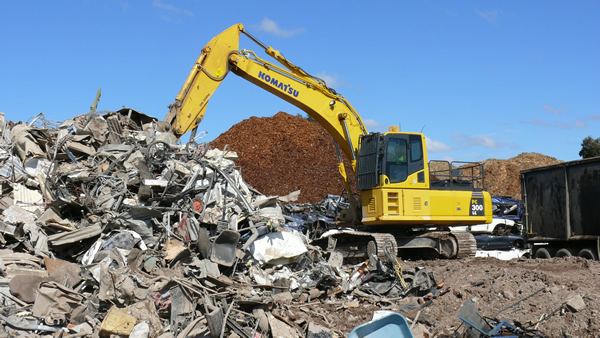Recycling is a good thing. We know this from the way we talk about recycling and from the benefits of recycling: it protects our environment, keeps resources in use, and reduces waste. But what about scrap Metal Recycling Melbourne? Is it as safe as recycling paper, plastic or glass? Did you know that there are many myths surrounding scrap metal recycling that could be preventing you from getting your bill paid on time? How can you make sure your business receives all the money they deserve when they pay their bills early?
Myth: All metals can be recycled.
- This myth is probably the most common one, and it’s easy to see why: you hear about people who have made their own money by Metal Recycling Melbourne and selling it at flea markets or garage sales. But there are some metals that simply cannot be recycled—and that’s not just because they’re too valuable or hard to separate from other materials. In fact, there are several reasons why certain types of scrap metal should never be recycled into usable goods again!
Myth: Scrap metal cannot be recycled multiple times.
It is a common belief that scrap metal cannot be recycled multiple times. This is untrue! Numbers vary depending on how you use the reclaimed material, but studies have shown that over 90% of all scrap metal can be reused at least once before it ends up in a landfill. The remaining 10% will go to recycling centres where they are processed and turned into new products such as steel wire, copper wire and aluminium cans.
Most people who recycle their old televisions or office furniture don’t realize that they’re doing something good for the planet by helping reduce landfill waste by diverting items away from landfills instead of sending them there forever. Once upon a time, when we didn’t know much about recycling, our electronics were sent straight into landfills because there wasn’t an easy way for us not only reduce our carbon footprint but also save money on energy costs by using less electricity when making these items than if we just bought new ones!
Myth: Recycling scrap metal causes pollution.
Recycling is a closed-loop process. It does not create pollution because it is a closed-loop system: materials are reused and recycled, and no new material enters the system. The recycling of metals reduces the need for mining and manufacturing processes, which results in fewer greenhouse gas emissions from mining operations and fossil fuels used to transport raw materials from extraction sites through processing facilities into final products. Recycling also reduces waste disposal costs by keeping valuable resources out of landfills or incinerators—instead, they can be reused again and again as part of manufacturing processes that require them (like making new cars).
Myth: Scrap metal recycling does not save energy.
Metal Recycling Melbourne is a great way to recycle metal and save energy. In fact, it’s a lot more environmentally friendly than mining. That’s because recycling doesn’t need as much fuel to process or ship materials, so you don’t have to mine for them first!
Recycling also uses less energy than mining because it uses less fuel in the first place:
- Recycling saves on transportation costs by using less of your own resources;
- You can use recycled materials instead of new ones; 3) It reduces pollution from landfills or incinerators (because we don’t burn everything); 4) Recycled metals are often reused again after being processed through recycling plants; 5) It helps reduce greenhouse gases by reducing the amount of CO2 released into our atmosphere during production processes.
Conclusion
We hope this article has helped you to better understand why we need to recycle scrap metal. It is important to remember that every effort helps the environment and saves resources in the long run. If you have any questions, please contact us today!


